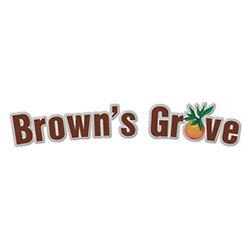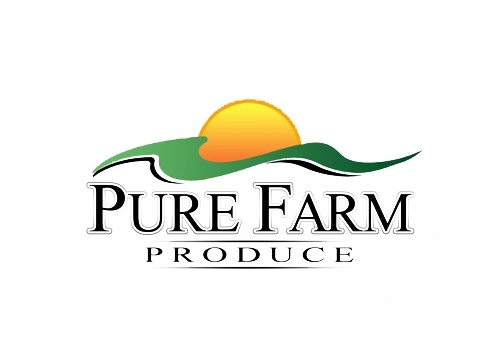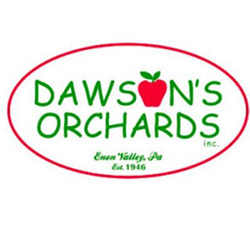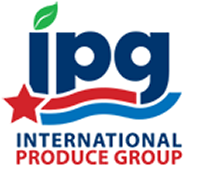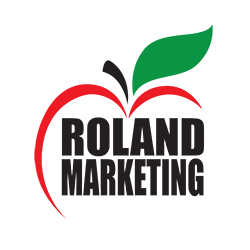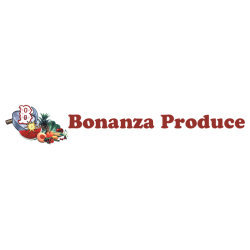People sure are talking more and more about organic food, and you've likely seen increased sales of organic fruits and vegetables.
You've probably already decided whether to have a separate organic section of the produce department or keep them close together (but never touching).![]()
You have a general idea about it, but how much do you really know about organic produce?
First of all, in order to be “organic” fruits and vegetables, they must be certified organic by the U.S. Department of Agriculture. If it's not, it can't legally be sold and marketed as organic.
Just how much does organic produce represent, and how has that grown?
In 2015, 7.5% of total retail produce sales was organic, according to FreshLook Marketing retail scan data. That represents 1.59 billion pounds sold and $4.54 billion in sales, and it's up from 6.9%, 1.39 billion pounds and $4.03 billion in sales in 2014.
If you want to look back to 2011, organic had 825 million pounds sold, $2.34 billion in sales and accounted for 4.5% of overall sales.
The Packer's annual Fresh Trends consumer survey finds that in 2016, 1/3 of respondents said adding organic fruits and vegetables to their diet was “typical” behavior. Nearly every fruit and vegetable we ask about in Fresh Trends showed an increase in organic purchase over the previous year.
Every demographic we study – gender, age, household income, presence of children in the house, ethnicity – shows increasing interest in organic.
Half of Fresh Trends respondents who said they purchased organic produce in the past year said they bought organic to promote their personal health.
Ahh, here's where that gets tricky.
Some recent studies have found higher anti-oxidants in organic produce, but other than that, no study has yet shown that organic food is healthier for people than conventional. Toxicity levels in conventional produce test higher than organic, but far below safe standards. The poison is in the dose, and the dose is harmless to people.
If your store or chain has dietitians, they can help you form the proper message to your customers on whether organic is healthier than conventional.
It's not, but that's not the way to say it. Organic produce is wonderful.
Consumers are talking more about organic produce because they're talking more about food in general, and that's a huge benefit to the produce department.
In many consumers' minds, organic is desirable, healthier and better than conventional. Whatever their reasoning, give them the ability to buy high quality organic produce from your produce department.


